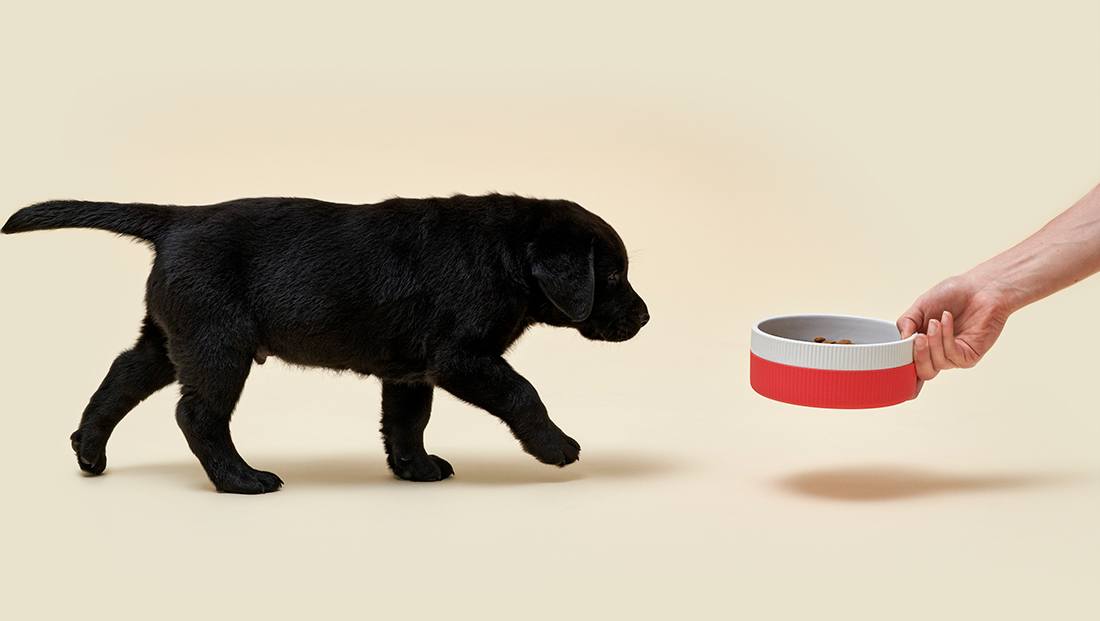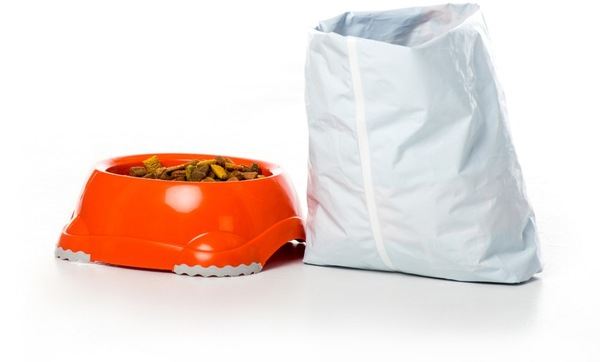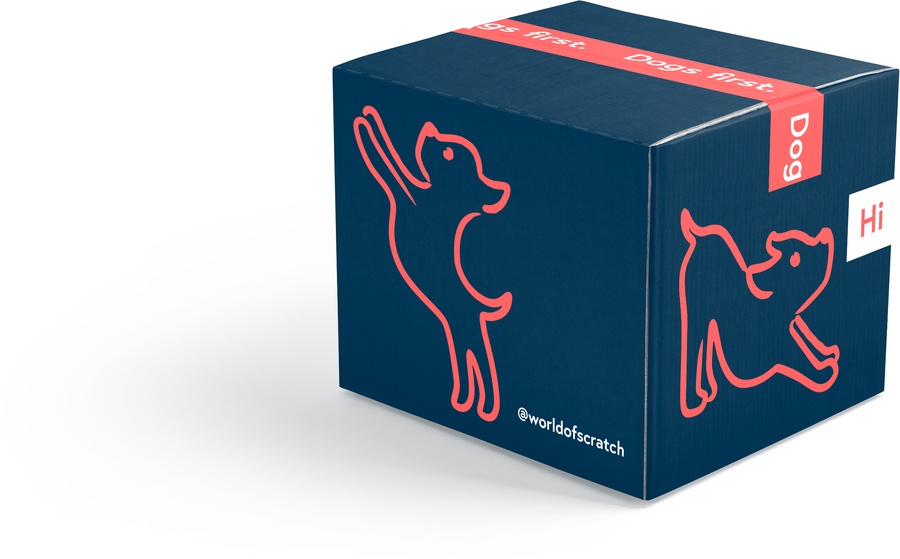Turkey, Beef & Lamb
Our most popular food, this high-protein recipe is designed for dogs of all ages, including those large breed pups.
The best healthy dog foods are ones that you could feed day and night for years without causing any inbalances.
Let’s look at why Scratch makes the best healthy dog food and what to look for.

Raw, wet, kibble. Even Facebook ads are full of ‘fresh’ dog foods. There are lots of ways to feed your furry compadre, but makes a healthy food for dogs?
Hang on, aren’t grains bad for all dogs? The quick answer: not all grains are bad.
And not all grains are created equal. “Grain” can mean a whole lotta different things, from highly processed and refined wheats and corns, to healthier alternatives of ancient grains and pseudo-cereals like spelt, freekeh, bulgur, farro, oats, brown rice, chia and pseudo-cereals like quinoa, amaranth, buckwheat, and chia.
Dogs are all different, each with their own personalities, dietary needs and taste in music. Most dogs will thrive on a well-balanced recipe with healthy grains – particularly those with IBS, kidney problems or who have you reaching for the poo bag on high-fibre recipes.
At the end of the day, dog food recipes are only as good as the ingredients they include, and the quantities used. Too much of something or too little of something else, and over time you can create imbalances. Our co-founder Doug nerds out over ingredient sourcing, working with the latest lab research and independent nutritionists to bring your dog life-changing food.
Store-bought kibble



Our most popular food, this high-protein recipe is designed for dogs of all ages, including those large breed pups.
Our high-protein fish dish for sensitive and senior dogs that’ll go easy on their guts.
Delicious single-protein food with plenty of pasture-raised lamb and whole, healthy grains. Great for very active dogs.
Our original game-changer and the best thing if they can’t seem to shake tummy & skin problems on any other food.
There’s not a consensus amongst vets on what is the healthiest dog food...
There’s not a consensus amongst vets on what is the healthiest dog food. In fact, most vets only do a couple of days worth of nutritional training as veterinary degrees focus more on surgery and intervention than how their bodies process different ingredients.
Some vets sell certain brands which have been positioned as ‘medically-suited’ dog foods, however as you’ll see when you compare dog food, they generally treat the symptom and not the cause and aren’t good value in our opinion. We’re a little biased though 😉
The Australian dog food market is so fragmented that it’s almost imposs...
The Australian dog food market is so fragmented that it’s almost impossible to pick a healthy food for dogs, with nearly a hundred options across wet, raw, fresh and dry dog food. Scratch has the best dog food reviews in Australia, with 4.9 out of 5 average rating after feeding over 20,000 dogs.
Our 3 kibbles are on the super-premium side of things, but with premium price...
Our 3 kibbles are on the super-premium side of things, but with premium prices. We use just about as much meat as anything out there, and it’s all sourced from the human-grade supply chain rather than the bits and pieces the pet-food supply chain uses.
And then we balance our recipes properly. We don’t have the same cost constraints of most brands so we use higher quantities of the more nutritious ingredients. A lot of grain-free dog foods swap grain fillers for grain-free fillers that are just as harmful in the long-term. Most of our veggies are whole and far less processed. It equals a healthier, more delicious kibble than what you’ll find on the store shelves.
The other key reason people switch to Scratch is trust. We don’t want to be the biggest but we’re hellbent on earning the privilege of being Australia’s most trusted dog food. It all comes back to why we started it, so we’ve launched a few things that we think all dog foods should do:
Most things are OK in small quantities, however dogs should avoid foods that ...
Most things are OK in small quantities, however dogs should avoid foods that are high in starch, corn, wheat and rice. Most grain-free dog foods tend to be healthier, however this isn’t always the case.
Legumes and lentils contain an enzyme that is harmful for dogs when eaten raw...
Legumes and lentils contain an enzyme that is harmful for dogs when eaten raw, but is destroyed in the cooking process.
There are quite a few social media posts that blame Peas (pea protein, pea flour, pea starch) for impacting fertility in breeding dogs, but Chick Peas are very different to Peas.
When included in their whole form (including husk and the full nutrition) rather than processed, legumes are far more nutritious than other dog food ingredients like potato starch, wheat or rice.